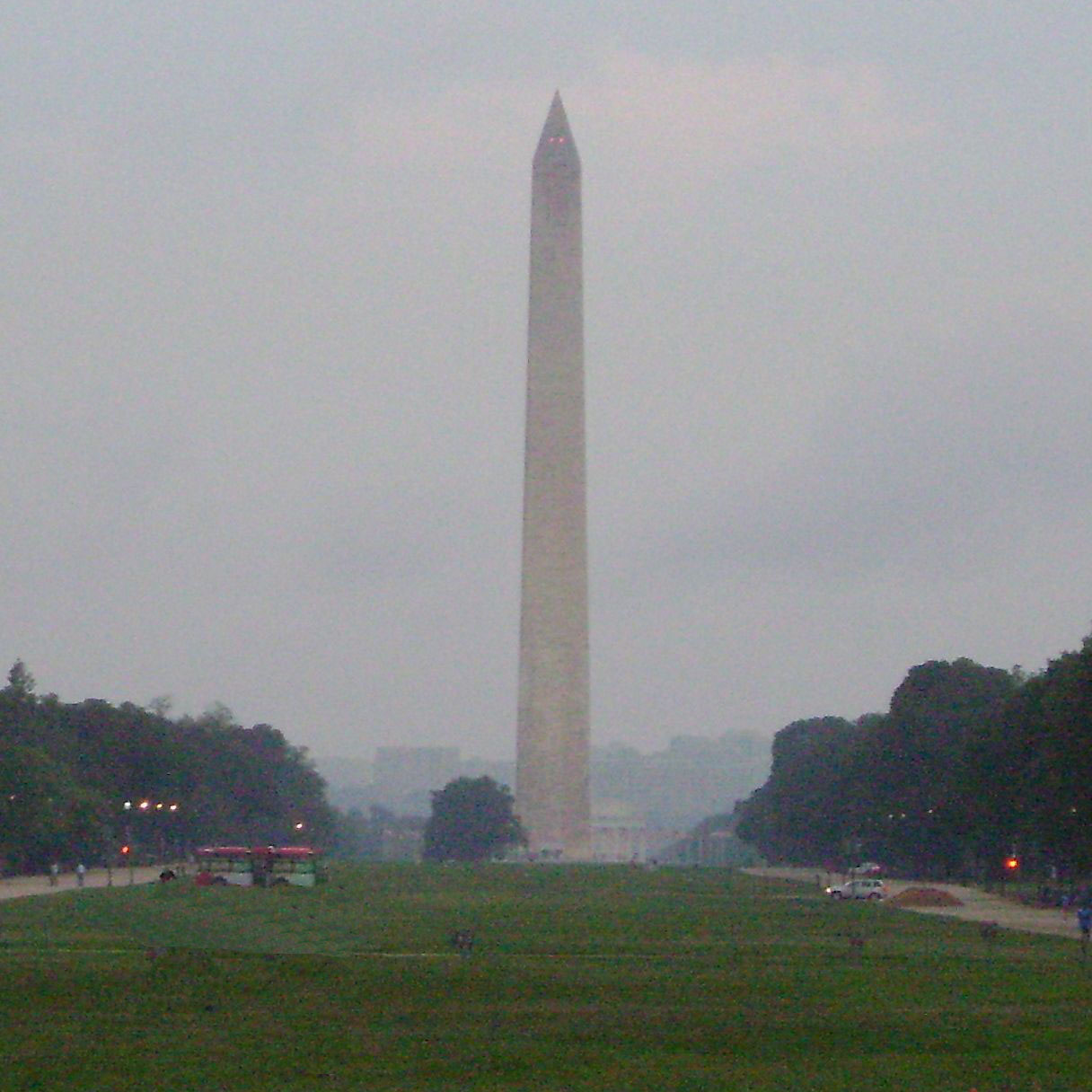School Law

Public Schools Perpetuate the Republic
The market solution to education dates back to Milton Friedman's seminal work, Capitalism and Freedom. Friedman would later popularize school vouchers as “a means to make a transition from a government to a market system.”1 And why not market solutions? After all, do we not only care about mathematics and science so that American children can complete in the international market while history and civics have fallen by the wayside?
Americans should be aware that the private market is the mediator of private wants and desires not ideas and beliefs. “Why should we believe that the right policy goal is the one that satisfies only the self-interested preferences of consumers? Why should we not take into account the community regarding values that individuals seek through the political process as well?”2
Conventional wisdom puts conservatives behind school vouchers. But Friedman's introduction of vouchers was consistent with his belief that the “major aim of the liberal is to leave the ethical problem to the individual to wrestle with."3 Burke, on the other hand,the father of conservative thought, described any nation, as "a partnership not only between those who are living, but between those who are living, those who are dead, and those who are to be born.”4
Public schooling, that great American ladder of opportunity, was envisioned by Jefferson to remove "the competition of wealth and birth for public trusts.”5 Jefferson was attributed with saying that universal education must precede universal suffrage. Adams understood that “liberty cannot be preserved without general knowledge among the people.” 6 The driving principle of any republic, virtue, is sustained only through education.7 The state will never abandon its role in education because the schools are necessary for its survival.
When the Congress of the Confederation in 1787 guaranteed equal statehood to its territories creating the most democratic colonial policy ever, it declared in Article Three of the Northwest Ordinance, “Religion, morality, and knowledge being necessary to good government and the happiness of mankind, schools shall forever be encouraged.” The public schools form a contract between one generation and the next that binds students to their American past, a past engrained with the most profound theme in Western civilization, the fundamental worth of the individual. This country is what it is because it knows what it was.
